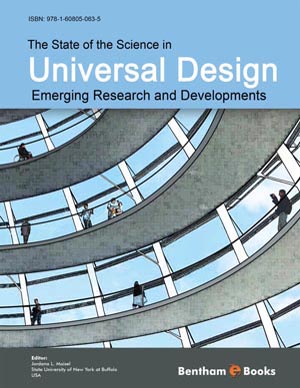Abstract
Informal learning environments, such as aquaria, are attracting an increasingly diverse visitor population as the number of people with disabilities living in the community has grown. These environments are particularly important as they provide unique opportunities for visitors with disabilities to participate with friends and family in shared educational or entertainment activities that feature biological diversity and inspire conservation. While there are general guidelines to assist these settings in designing accessible spaces for visitors with disabilities, they are not specific enough nor do they guarantee that exhibits will be usable by all visitors. As a result of these issues with current guidelines, there is a need to understand the barriers and facilitators to exhibit access that are experienced by visitors with disabilities as a method of providing an evidence base for exhibit design practice. This paper reports on the findings from a post-occupancy evaluation that was conducted at the Georgia Aquarium that: 1) documented the current exhibit display and interpretation design practices; 2) provided visitor feedback on the usability of exhibit displays and interpretation; and 3) discussed the needs of visitors with disabilities. The findings indicate that there are several characteristics of the display, interpretation, and surrounding exhibit environment that act as barriers or facilitators to exhibit access for people with disabilities.













